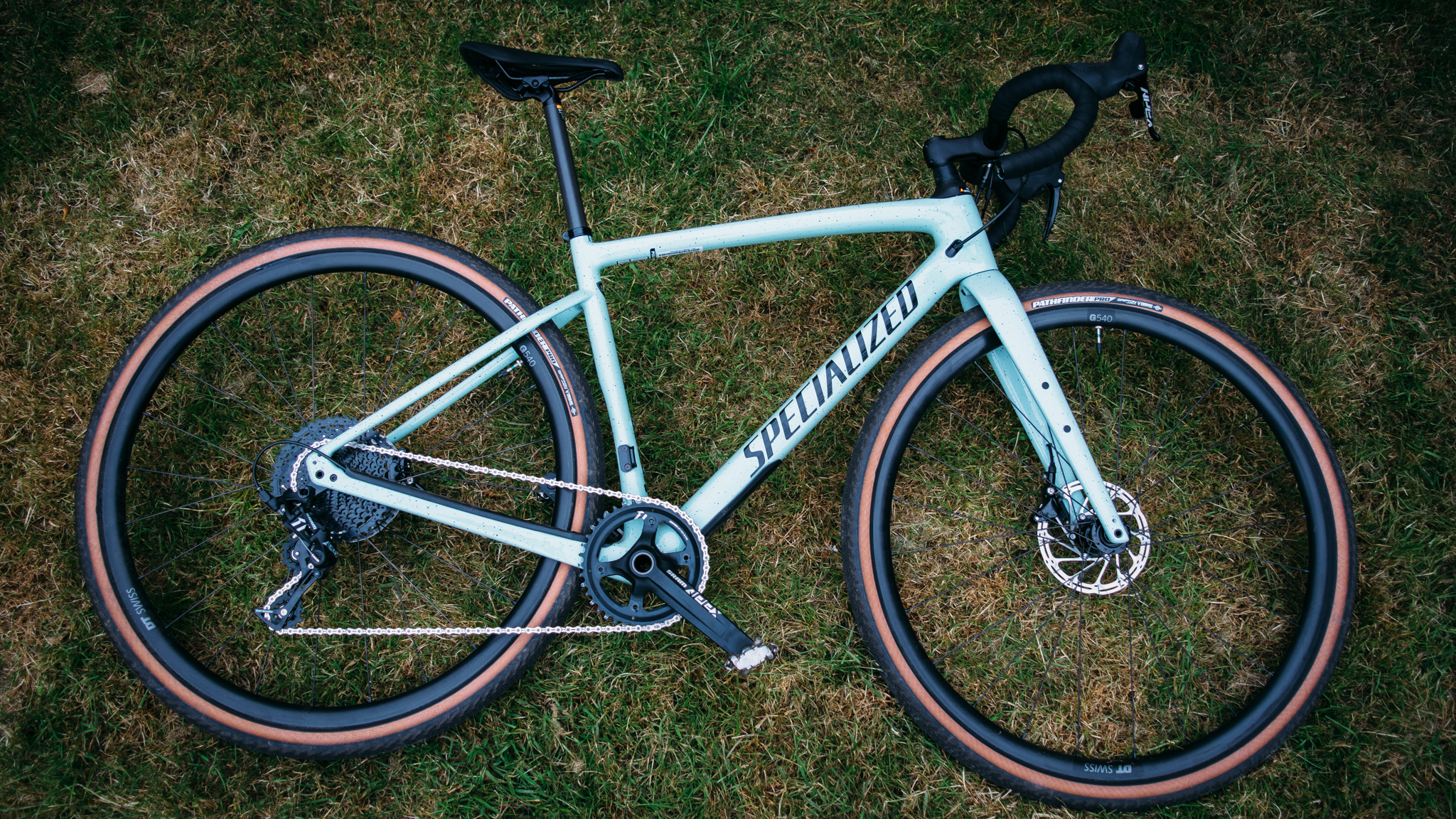
It's gravel week here at Cyclingnews which means a focus on all things gravel. We've got eveything from Unbound tech galleries to the best gravel bike shoes and gravel e-bikes.
In this spirit, I've pulled together a few tips you can use to help keep your gravel bike rolling that little bit smoother. It's probably fair to say that gravel riding does place some additional demands on our bikes, due to the rougher terrain we encounter, and the muddy, sandy, rocky conditions. At this point, I do have to include the by-now almost obligatory line that gravel riding means many different things to riders all over the world.
This does ring true however when it comes to bike maintenance and the demands gravel riding places on our bikes. The wet and muddy gravel riding of a British winter (and often summer) won't be the same as the sandstone and shale found in Colorado as my fellow tech writer Wil Jones outlined in his gravel geology article recently.
I've tried to list some ideas and advice that hopefully prove useful no matter where you ride. I hope there's at least one idea in here you find interesting and try out in the future, they are all things I do to look after my own bikes. One thing is for sure though, no one likes ending up stranded on a ride, walking for miles in the middle of nowhere due to a mechanical, if you look after your bike generally speaking it will look after you.
A free hanger alignment tool
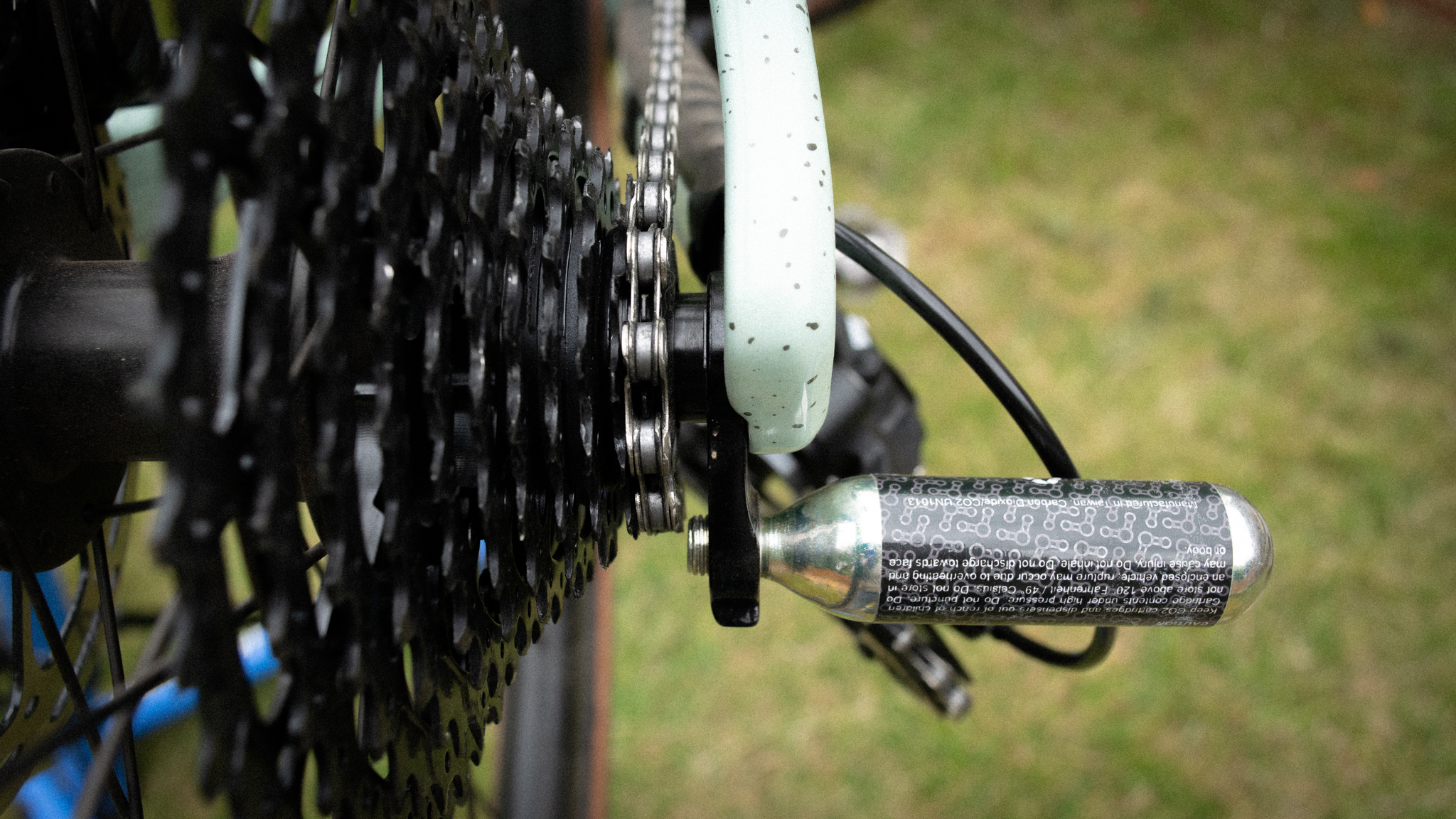
Gravel riding does increase the chances of having a little tumble off the bike from time to time, whether it's losing momentum riding a steep climb or trying to negotiate a slightly too challenging descent for your bike whilst your riding mates cheer you on.
If the bike lands on the drive side, there's a fair chance the rear hanger will be bent out of alignment. A badly bent hanger out on a ride can affect your shifting which is an annoyance but also poses the risk of the rear mech going into the spokes of your wheel and ripping off, which can be a real disaster.
Most Co2 cartridge threads are the same as most derailleur hangers. (M10 x 1.0) If you bend your hanger in a spill you can simply unbolt the rear mech (5mm hex key) thread on your co2 cartridge and you have a small and convenient hanger alignment tool to help you gently correct your hanger and get it close to straight, even if it's just enough to smooth your shifting out to get home. This can really help if you're out on a ride and you or a friend ends up with a bent hanger.
Heavier weight grease will protect bearings
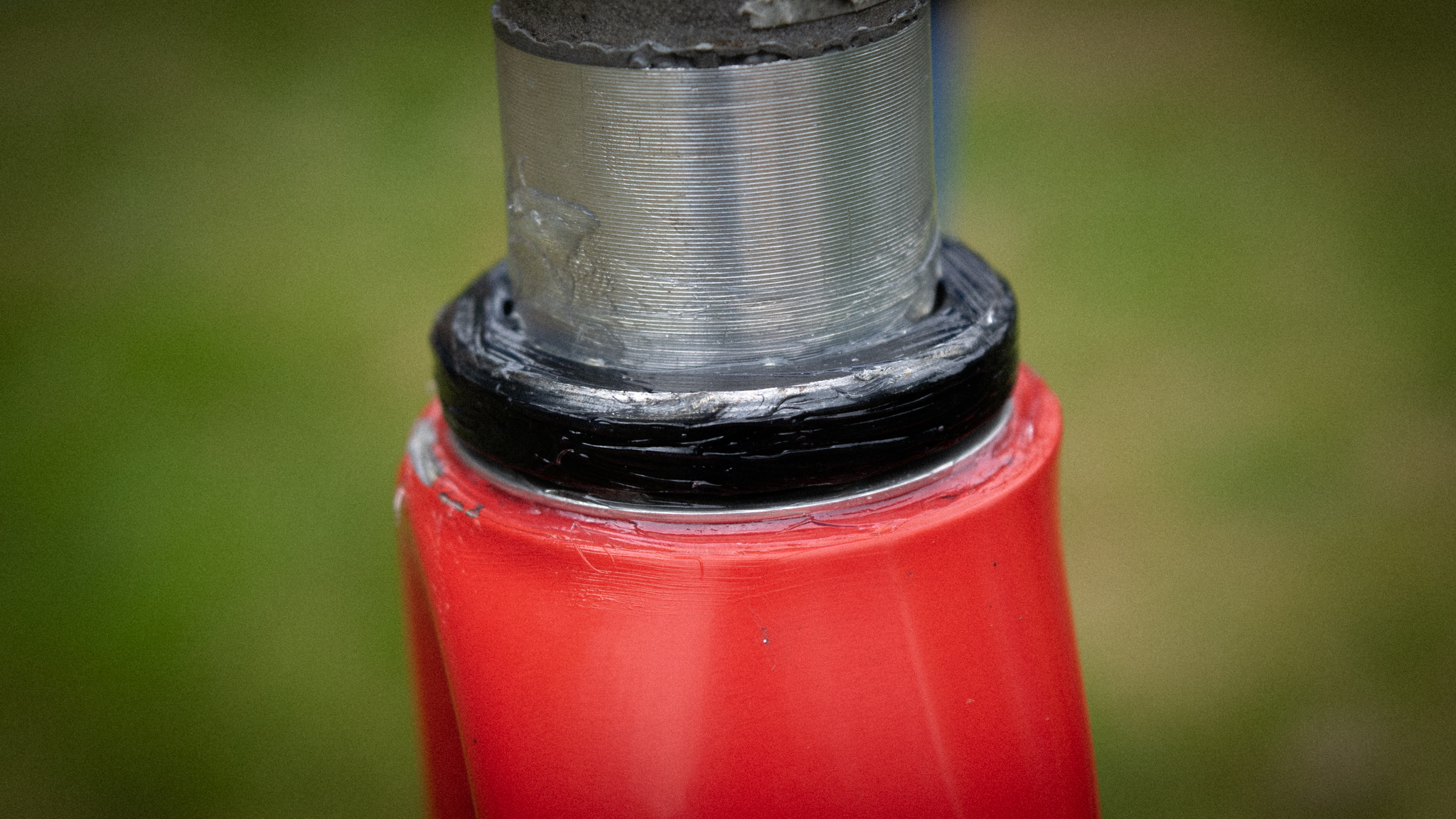
Bikes will end up dirtier after gravel riding, just ask the riders who had to battle the 'peanut butter mud' at Unbound. A dirty and or muddy bike means more washing and cleaning. If your bike is absolutely covered in mud you're going to need to get the hose or pressure washer out.
It is easy to blast water into your bike's bearings if you have to do a lot of cleaning. Riding through lots of standing water or in the rain will also mean water working its way into your frame and wheel hubs and past bearing seals, prematurely wearing them. Using thicker grease on the headset, bottom bracket and hub bearings should protect them a bit more and increase their life span and save you money.
You shouldn't use the same slick, thin grease for headset bearings that you would on the pawls of your freehub for instance. Invest in a thicker, water-resistant grease or have a chat with your mechanic and ask them to use a heavier-weight grease on key bearings the next time they service your bike.
Get the wax out
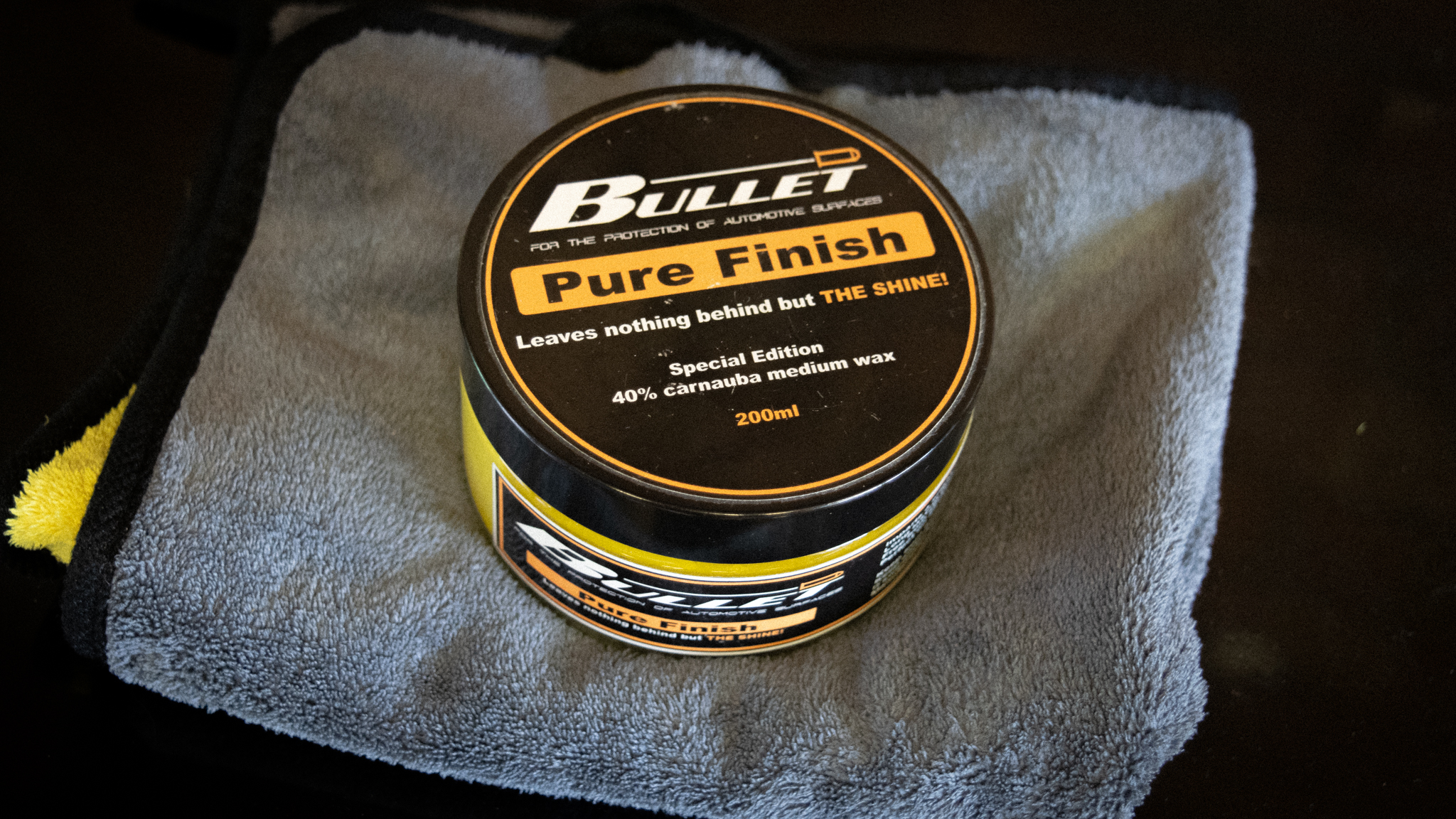
I like to avoid washing my bikes with a hose or jet wash wherever possible, instead, I prefer to use a soft microfiber cloth and a spray bottle of bike cleaner. This ties into the above point about keeping water away from critical areas of the bike.
I find applying a layer of wax to my frame and fork really makes cleaning that little bit easier with dirt and dust less inclined to stick and adhere to my frame's paint. The wax coating also helps keep the bike cleaner and makes the paint really pop. I've finished damp, mucky rides and my frame has been surprisingly clean. It's not night and day but I think it makes a difference. If you're competing and your frame stays cleaner (and lighter) than your competitors it's an advantage.
There are specific bike wax products on the market now but I tend to just use regular automotive Carnauba wax. You also won't really be able to do this on matte finish frames, but there are matte-specific frame finishers available.
Choose the right chain lubricant
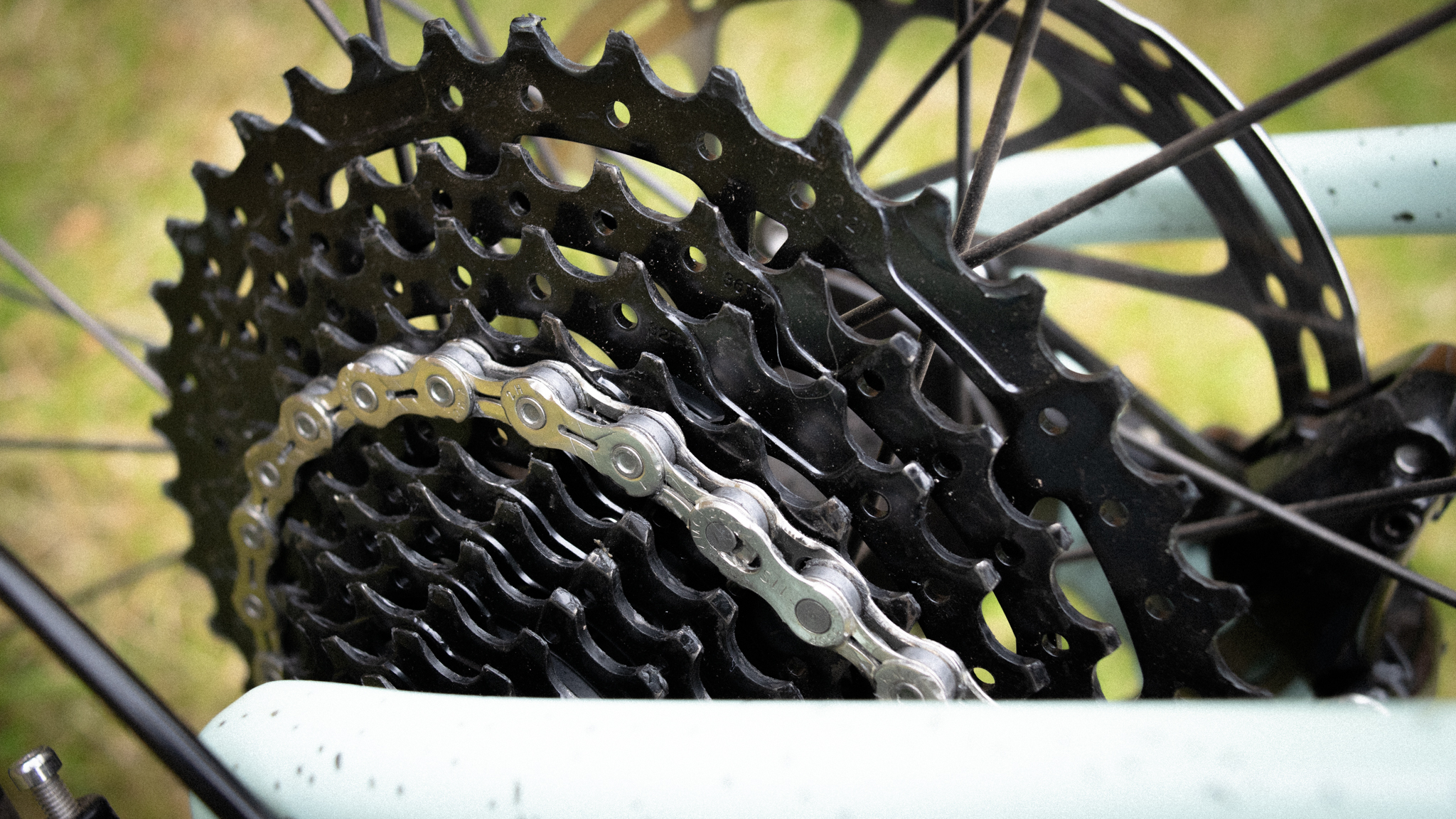
Gravel riding means more dust and dirt generally. This means you are opening up your drivetrain to potentially a lot more contamination and as a result, chain wear. Choosing the right chain lubricant for the gravel riding you do may really help minimise the amount of contamination your chain picks up and holds onto.
If for instance, you use a wet or poor-quality lubricant on your chain, a lot more dirt and dust are going to stick to it and become contamination in the chain links themselves. Especially if the chain is over-lubricated and dripping in chain oil.
This is a large topic, but for starters you can consider waxing your chain for gravel riding, you can check our best chain wax guide for more info. Alternatively, some of the best chain lube will give your chain the best fighting chance in challenging conditions.
Carry the correct spares and know how to use them
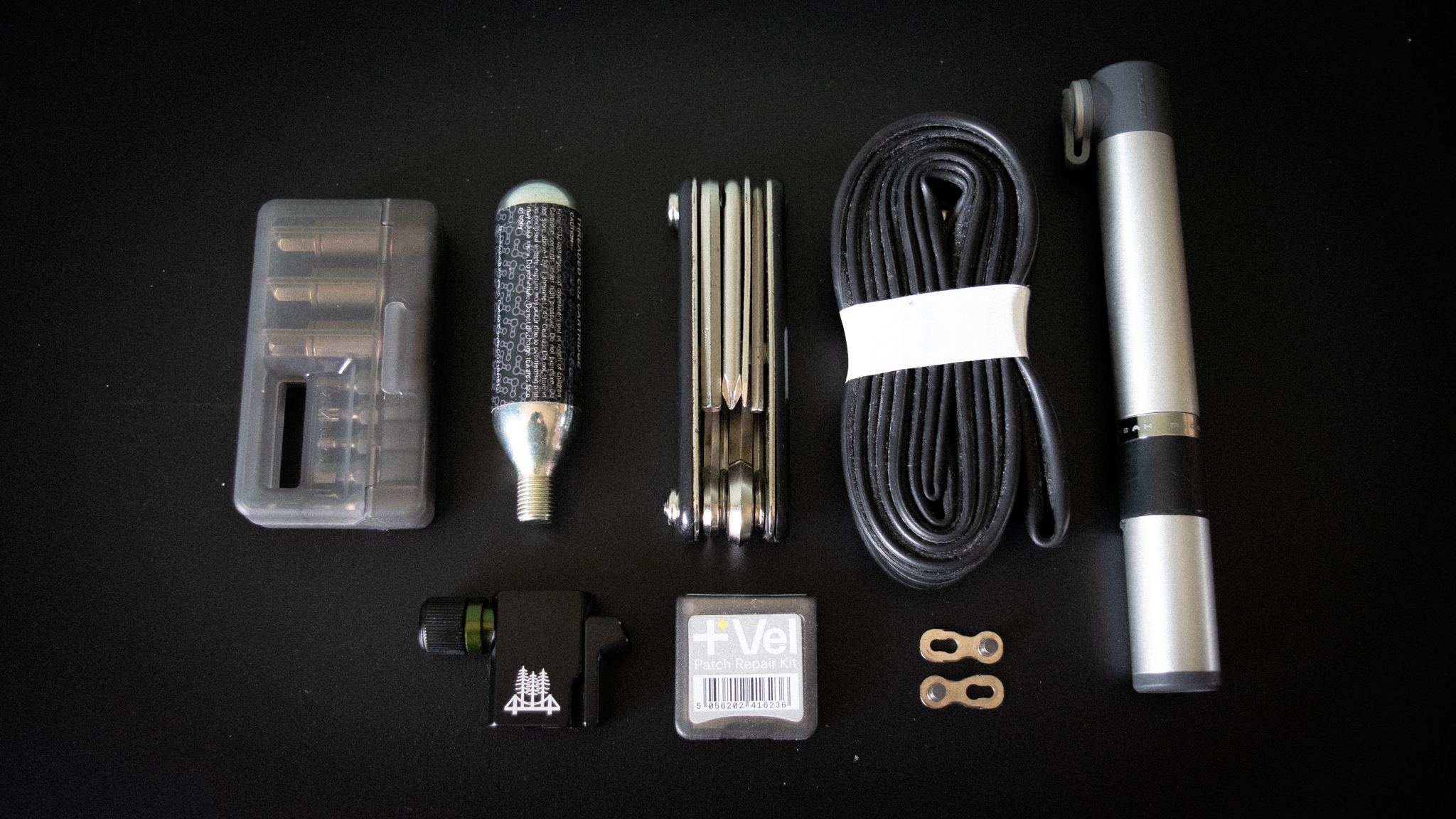
This isn't so much of a hack or trick but it's worth including here I think. Gravel riding may take you to more remote and out-of-the-way locations whilst asking that little bit more of your bike, increasing the likelihood of a mechanical problem or issue.
Take some time to research the correct spares and tools for your bike/s and consider investing in most of the essentials you need to get you out of trouble. It's comforting and saves mental energy to know you are carrying exactly what you need to fix a flat, repair a snapped chain or even zip-tie a broken part back onto your bike to get home. Tubeless doesn't mean you're covered against flats and new bikes can develop problems too, so knowing how to fix a mechanical and what spares you will need is always a good move.
Being self-sufficient on a ride or trip can help get you out of trouble but also a riding partner of fellow cyclists out on the road. Ask other experienced riders, your local shop or bike manufacturer for advice on spares and essentials if you aren't too sure.







